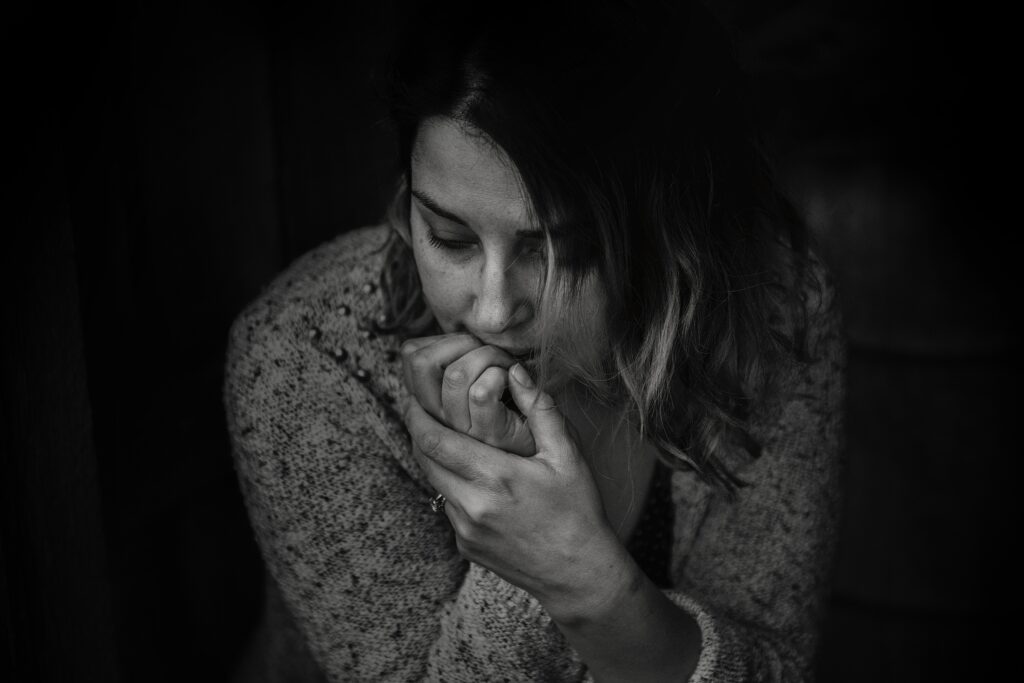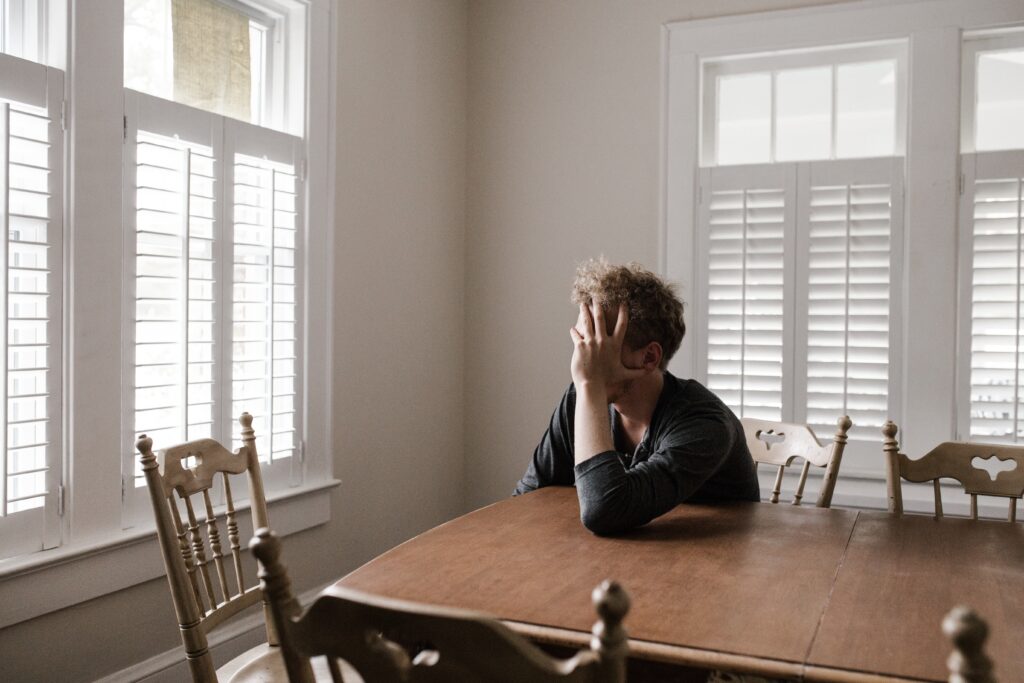For those who are not aware, the human body contains numerous hormones that allow it to function optimally, including human growth hormones (HGH). And these hormones play a critical role in several functions that take place in the body, including cell regeneration, stimulating growth, and cell reproduction. While some might argue that HGH is more important during childhood as it helps stimulate the production of IGF-1(Insulin-like Growth Factor 1), which, in turn, facilitates growth, it is still very much needed in adulthood as well.
The signs of low HGH in children are quite noticeable insofar as many will develop dwarfism. However, things are slightly different for adults in that the condition can trigger numerous symptoms that mimic various diseases. And in some cases, low growth hormone levels might even be the cause of some of them, including mental health disorders. In fact, some studies have suggested a possible link between low human growth hormone levels among older adults and depression. Meanwhile, if you want to know the right dose of Sermorelin for you, visit Peptides.org.
What You Should Know About Low Growth Hormone Levels Among Older Adults
To better understand how a decline in human growth hormones can lead to depression among older adults, let’s first take a look at what is considered normal human growth hormone levels. Human growth hormone levels of 0.4 to 10 nanograms per milliliter for men, and 1 to 14 nanograms per milliliter for women, is considered normal and healthy, according to study data published by medlineplus.gov, an online health information resource made available by the United States National Library of Medicine. That said, when it comes to low levels of HGH in men and women, the primary culprit is age.
Several studies have shown that HGH levels peak during puberty and gradually starts to decline at age 30 before becoming nearly nonexistent by middle age. That said, it is not too surprising to find that many adults are severely HGH deficient by the time they reach the age of 60.
To substantiate this claim, we need only take a look at a study published by the Centers for Disease Control and Prevention. The study revealed that upwards of 7 percent of adults in America age 65 and over are struggling with depression. And HGH deficiency is believed to be a contributing factor in many cases. It is worth noting that these feelings of depression are likely to be exacerbated if these same individuals are also battling other stressful events in their lives.
Additional Risk Factors for HGH-Based Deficiencies in Older Adults
While aging is the primary cause of low human growth hormone levels, it is by no means the only one. According to data published by Cedars-Sinai, one of the largest nonprofit academic medical centers in America, low human growth hormone levels can sometimes be a byproduct of damage to the pituitary gland.
It is also worth noting that damage to the hypothalamus, the part of the brain responsible for regulating the function of the pituitary gland, can also be a factor, according to the same study data. That being said, damage to either the hypothalamus or the pituitary gland can stem from any of the following:
- Insufficient blood flow to the pituitary gland
- Pituitary tumors
- Complications stemming from surgery to treat the pituitary gland
- Radiation treatments to treat pituitary tumors
Uses and Abuses of HGH
The FDA approved specified applications of synthetic human growth hormone in both children and adults in 1985. HGH injections are permitted for treating both inadequate developments owing to a variety of medical conditions in children as well as short stature of unknown cause, including:
- Turner’s syndrome, a hereditary condition that interferes with a girl’s growth
- Prader-Willi syndrome is a rare genetic condition that results in impaired muscular tone, low sex hormone levels, and a persistent sense of hunger
- Long-term kidney disease
- Lack of or insufficient HGH
- Small-for-gestational-age newborns
Adults may utilize HGH for the following purposes:
- The condition known as short bowel syndrome, in which a considerable section of the small intestine has been surgically removed or is severely infected, prevents nutrients from being absorbed adequately
- Uncommon pituitary tumors that cause a lack of HGH or therapy
- HIV/AIDS-related illness that causes muscle wasting
However, the majority of HGH’s applications are not FDA-approved. To gain muscle and boost athletic performance, some individuals utilize the hormone in combination with other performance-enhancing substances like anabolic steroids. However, it is unclear how HGH affects sports performance.
Some so-called anti-aging specialists have conjectured and asserted that HGH products may repair age-related physical degradation because the body’s HGH levels gradually decline with age. But these assertions are also unsupported. The FDA has not authorized the use of HGH for anti-aging.
However, some people get injectable HGH from medical professionals who prescribe it for off-label (FDA-unapproved) usage as well as online pharmacies, anti-aging clinics, and websites.
Others buy tablets and sprays containing HGH or items that promise to boost your body’s natural HGH production. Companies that advertise these products on TV infomercials or online assert that they turn back the biological clock of your body by boosting immunity, reducing fat, gaining muscle, restoring hair growth and color, normalizing blood sugar, boosting energy, and enhancing sex life, sleep quality, vision, and memory. The Federal Trade Commission, however, hasn’t found any trustworthy proof to back up the assertion that these products have the same benefits as prescription HGH, which is usually administered through injection. When taken orally, HGH must first pass through the stomach for digestion before it can enter the body.
Side Effects of HGH and Other Hazards
Following is a list of possible HGH adverse effects:
- Joint, muscle, or nerve discomfort
- Edema, or swelling brought on by fluid in the body’s tissues
- Palmar-plantar syndrome
- Skin tingling and going numb
- High levels of cholesterol
HGH can also make people more likely to develop diabetes and help malignant tumors grow.
Furthermore, you might not know what you are getting if you purchase the medicine illegally. HGH medications have been imitated due to their expensive price. If your doctor is not prescribing HGH, you could be using an unauthorized supplement.
Before choosing any type of HGH, you should see your doctor.
Recognizing the Early Signs of a Human Growth Hormone-based deficiency
Along with depression, there are a few other tell-tale signs of low HGH levels that should prompt older adults to schedule an appointment with a physician as soon as possible. Growth hormones are essential when it comes to carrying out numerous functions in the body.
To further put this into perspective, these peptide hormones are instrumental when it comes to muscle growth and also how we collect and store fat. They also play a role in our cholesterol levels, bone density, and brain function. That said, older adults with an HGH-based deficiency will often experience the following:
- Weight gain
- Feelings of anxiety and isolation
- Fatigue
- A decrease in lean muscle mass
- Loss of strength
- Low bone density
- High cholesterol
How Are Low Human Growth Hormone Levels Diagnosed?
If you suspect that you have a growth hormone deficiency and want to know what to expect when being seen by a physician, this section of the article might be of some interest to you. Growth hormone deficiencies are often treated by an endocrinologist, a physician that specializes in treating health problems involving the hormone-secreting glands.
After going over the symptoms that a patient is experiencing and gaining insights into their medical history, a physician will likely order an MRI (Magnetic resonance imaging) scan. In addition, some physicians will also perform a growth hormone stimulation test. These particular tests measures how well the pituitary gland can produce growth hormones after arginine, an amino acid, is injected into the patient’s veins.
Collectively, these tests will confirm if a patient is deficient when it comes to these essential peptide hormones. If a deficiency is confirmed, most physicians will recommend hormone replacement treatments to their patients.
Can HGH increase your height?
Children’s vertical growth is accelerated by human growth hormone. HGH, however, cannot increase your height once your growth plates have fused. Instead, HGH aids in maintaining your body’s structure after you reach your ultimate height and has other significant impacts on your metabolism.
The relationship between HGH and depression
The lack of HGH may make older persons depressed, according to research. HGH production declines as we age, which may result in a variety of physical and mental health issues, including depression. The synthesis of neurotransmitters including serotonin, dopamine, and norepinephrine has been found to increase with HGH, which has been proven to alter the chemistry of the brain. These neurotransmitters are essential for controlling mood, and depression has been associated with their lack.
HGH supplementation and depression
The mental and emotional health of older persons may improve with HGH treatment, according to studies. To make up for the body’s natural loss in production that occurs with aging, HGH treatment includes injecting the patient with synthetic HGH. When compared to those who got a placebo in a clinical trial involving 45 older persons with depression, those who received HGH treatment showed a substantial improvement in their symptoms.
It is important to remember that there are hazards associated with HGH medication. Several negative side effects, such as joint discomfort, swelling, and carpal tunnel syndrome, may result from HGH therapy. Additionally, it could make people more likely to acquire heart disease, high blood pressure, and diabetes. Therefore, it is essential to speak with a healthcare professional and analyze the potential advantages and disadvantages before pursuing HGH therapy for depression.
Other remedies for depression in elderly people
Other therapies for depression in senior citizens include counseling and medication. Talk therapy, usually referred to as psychotherapy, is discussing your ideas, feelings, and actions with a mental health expert. It can assist you in recognizing destructive thought patterns and creating coping mechanisms to control the symptoms of depression. Depression can also be successfully treated with drugs like antidepressants. However, they could have negative effects and may interact with other drugs, just as HGH treatment.
Bottom Line
In summary, multiple studies have shown a definitive correlation between getting older and developing a growth hormone-based deficiency. And for many older adults, these deficiencies trigger numerous health problems and can significantly affect their overall quality of life. That said, if you’re an older adult and you’re experiencing any of the symptoms detailed in this article, you should schedule an appointment with a physician as soon as possible. Fill out the contact form for a free consultation at https://hghtherapydoc.com.



